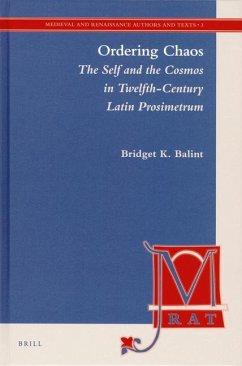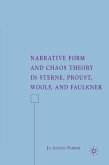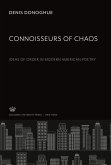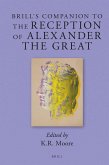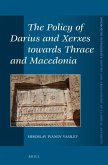From c. 1100 until c. 1170, Latin prosimetrical texts characterized by dialogue, allegory, and philosophical speculation enjoyed a notable popularity within the cultural ambit of the French cathedral schools. Inspired by Boethiusa (TM) "Consolation of Philosophy," the prosimetrum writers applied his literary techniques to the ethical and anthropological concerns of their own era, producing texts of great artistry in the process. This book investigates the rise of the Boethian impulse in Latin, the innovations of the twelfth-century writers, the difficulties that arose when they attempted to recapture the certainty that characterized the "Consolation," and the survival of aspects of this literary mode in later Latin and vernacular literature.
Hinweis: Dieser Artikel kann nur an eine deutsche Lieferadresse ausgeliefert werden.
Hinweis: Dieser Artikel kann nur an eine deutsche Lieferadresse ausgeliefert werden.

